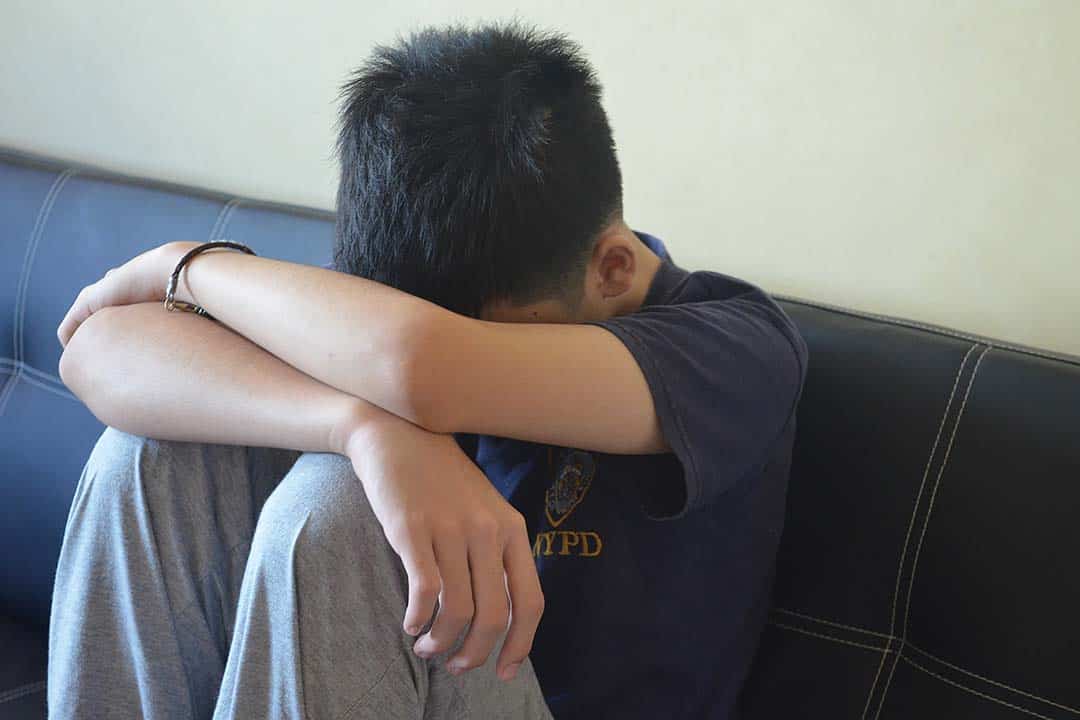The human brain is a highly plastic and malleable network in the early years of one’s life. A mere second could allow for the formation of over a million neural connections. During this period, the brain exhibits high sensitivity to both positive and negative experiences, and proper structural development is dependent on the quality of the child’s interactions with adults.
Researchers at the Idea Lab have dedicated their time to exploring this very problem, where Mark Wade — clinical psychologist and assistant professor in the Department of Applied Psychology and Human Development at the University of Toronto — is investigating the link between psychosocial deprivation and neurobiological development. Lab’s primary goal involves the investigation into how one’s early-life experiences shape mental health and cognition, in addition to the brain’s structural progression.
High-quality foster care can reverse developmental domain deficiencies
Amongst the various research projects that the lab has undertaken, the Bucharest Early Intervention Project is the longest longitudinal study — defined as a study that tracks changes within individuals over time — in Bucharest, Romania that focused on family-based care, spanning nearly 20 years. By following the development of children growing up in orphanages, this project aims to better understand how the impacts of psychosocial deprivation could potentially be reversed via the implementation of family care.
The project’s researchers designed a high-quality foster care environment specifically for the study. This allowed them to separate children into two groups, wherein one remained in institutionalized care and the other was transferred to high-quality care. With several follow ups throughout the children’s lives, researchers were able to define differences in a variety of developmental domains.
Analyzing these domains revealed several negative impacts of early institutionalization, such as cognitive and socioemotional deficits and an increased risk of psychiatric disorders. Reward sensitivity was also found to be altered in children remaining in institutionalized care, as a lack of rewards — such as affection and physical closeness to caregivers — leads to both downregulation and premature elimination of synaptic connections across the brain.
But with the implementation of high-quality foster care, domains such as brain activity, cognition and language displayed improvements. These improvements were characterized by lower electroencephalogram coherence, indicating higher intellectual processing, as well as higher academic performance in terms of language arts and reading ability. Further goals of this project include studying additional lasting effects of foster care placement and recovery-sensitive periods, defined as a period in which a child should be placed in foster care for domain recovery to be exhibited.
Changes in cortical structure
In a study published by the Science Advances in 2022, data from the Bucharest Early Intervention Project was used to develop a randomized control trial looking into the relationship between psychosocial deprivation and cortical development.
By examining the total brain volume for both institutionalized and noninstitutionalized children, researchers were able to observe a 2.5 to 5.5 per cent overall brain volume decrease in children that were institutionalized. Changes in brain surface area and cortical thickness were also reported — two factors that are critical to supporting brain function. The group that was randomized to foster care displayed both a faster decrease in the cortical thickness of the prefrontal cortex and in the medial orbitofrontal cortex surface area — regions required for decision-making — from ages 9 to 16 when compared to the institutionalized group.
Further results indicated that caregiving environments can impact white matter, as exposure to institutionalization corresponded to modifications in white matter integrity in various brain regions, which is vital for the passing of information between parts of the brain.
The combination of these findings indicates the profound impact early experiences, such as caregiving, have on neurological maturation. This study was the first of its kind to link psychosocial deprivation to structural neurodevelopment in a randomized control trial from middle childhood to adolescence, shedding light on the importance of family-based care interventions during early development.


